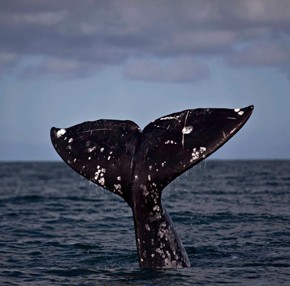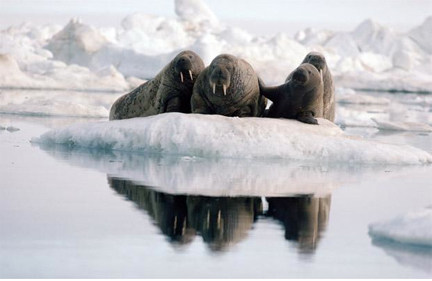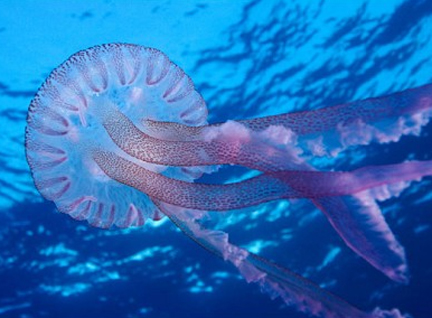June 27, 2011
Mickey Friedman
Woke up this Monday morning, June 27, 2011 to the shocking news that what some people call global warming but what I prefer to call the climate crisis is real. Like in, “happening.”
Maybe Henny Penny was worried about the wrong thing. Forget about the sky falling. It’s the melting ice. I figured it out by reading some small articles, much smaller than the news that the Red Sox beat the Pirates, thank God. So the Sox at least took one of the three games.
It was a matter of connecting the dots. First, there was the article reminding us about the whale making it to the Holy Land. I must have missed the original report last year:
When a 43-foot (13-meter) gray whale was spotted off the Israeli town of Herzliya last year, scientists came to a startling conclusion: it must have wandered across the normally icebound route above Canada, where warm weather had briefly opened a clear channel three years earlier.
On a microscopic level, scientists also have found plankton in the North Atlantic where it had not existed for at least 800,000 years.
So you’ve got a very big whale and very small plankton taking very unexpected journeys. And what’s the big deal? Well, these two species just took a trip across the Northwest Passage; a trip they couldn’t take before because of the ice. Or the used-to-be-ice. It turns out that in all our records, the Northwest Passage – which is the journey from Alaska across northern Canada – has only been unfrozen twice, in 1998 and 2007. But the ice, because of the climate crisis we don’t want to accept, isn’t there the way it used to be.
A thousand word picture? Here are a bunch of walruses wishing for days gone by:
“The implications are enormous. It’s a threshold that has been crossed,” said Philip C. Reid, of the Alister Hardy Foundation for Ocean Science in Plymouth, England.
“It’s an indication of the speed of change that is taking place in our world in the present day because of climate change,”
Now we all know that there are all kinds of thresholds, big and small. But according to Reid this is a really big threshold:
Reid said the last time the world witnessed such a major incursion from the Pacific was 2 million years ago, which had “a huge impact on the North Atlantic,” driving some species to extinction as the newcomers dominated the competition for food.
So not only will we see whales where we wouldn’t, which seems pretty cool if you’re a whale-watcher like me. But because our ocean waters are getting warmer, scientists are seeing “the largest movement of marine species seen on Earth in more than two million years …”
And speaking just for myself, there are some creepy things I definitely don’t want to see:
And just when you thought it was safe to go back in the water:
“swarms of venomous jelly fish and poisonous algae are migrating into British waters due to changes in the ocean temperatures, a major new study has revealed …
A venomous warm-water species Pelagia noctiluca has forced the closure of beaches and is now becoming increasingly common in the waters around Britain. The highly venomous Portuguese Man-of-War, which is normally found in subtropical waters, is also regularly been found in the northern Atlantic waters.
Some more visual aids. The Arctic Ice then and now. 1979 and 2010.
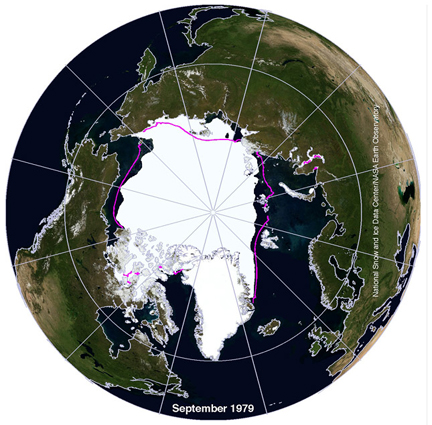
Satellite Arctic Ice of the North Pole. 1979. Purple line shows the median ice edge. Picture: NSIDC / Barcroft Media
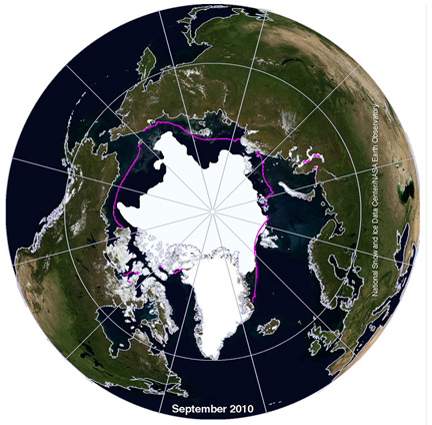
Satellite Arctic Ice of the North Pole. 2010. Purple line shows the median ice edge. Picture: NSIDC / Barcroft Media
“Large numbers of species were introduced from the Pacific and made large numbers of local Atlantic species extinct.
“The impact on salmon and other fish resources could be very dramatic. The indications are that as the ice is continuing to melt in the summer months, climate change could lead to complete melting within 20 to 30 years, which would see huge numbers of species migrating.
“It could have impacts all the way down to the British Isles and down the east coast of the United States.”
Twenty to thirty years. Which got me thinking: I wonder which happens first? The New York Knicks winning an NBA title or all the arctic ice melting?
Luckily, it’s only Monday … We have the whole week to fix things.

